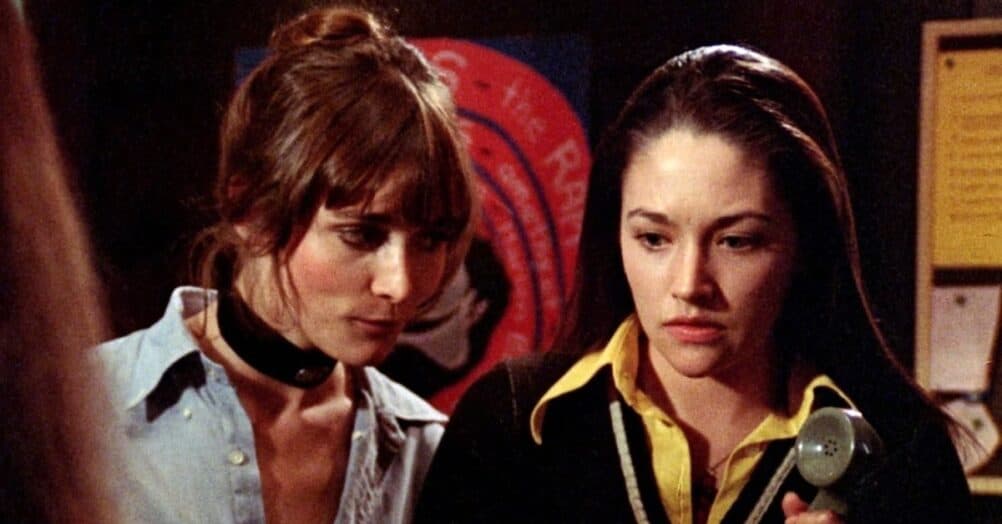
I would say that the vast majority of us here would agree that the current MPAA rating system is antiquated in many ways, but now one of the most prominent names in film is saying the same thing.
Veteran critic Roger Ebert has written a rather great column detailing the problems with the current MPAA ratings system, and what should be done to fix it.
In today’s real world, there are only two meaningful ratings: R and not-R. In theory, members of the National Association of Theater Owners agree not to sell tickets to R-rated films to those under 17, unless accompanied by the proverbial parent or adult guardian. In practice, as everyone knows, this has led to theater-hopping in multiplexes and a porous standard of guardianship (“Hey, mister—get us into ‘Saw 3D'”). Kids slip into the movies they want to see, especially the horror films. They also see them at home on widely available DVDs, on cable, and via popular streaming services like Netflix and Amazon.
So rather than protecting kids, what do ratings do? Limit the reach of certain films based on arbitrary criteria. He cites recent examples like THE KING’S SPEECH being rated R for one scene involving the word “fuck” and BLUE VALENTINE’s recent NC-17 classification for a non-nude oral sex scene, a ruling which has since been overturned.
The examples I usually cite when this topic comes up are ONCE, the heartwarming film about two musicians in Ireland, rated R because of a few f-bombs. Contrast that with ATTACK OF THE CLONES, rated PG despite characters losing limbs and heads onscreen.
What’s Ebert’s suggestion? A new type of rating system, of far simpler design.
Perhaps only three categories are needed: “G,” for young audiences, “T” for teenagers, and “A” for adults. These categories would be not be keyed to specific content but would reflect the board’s considered advice about a film’s gestalt and intended audience. At a time when literally any content can find its way into most American homes, what’s the point of singling out theatrical films? It’s time to admit we’ve lost our innocence.
But even with that kind of system, when is a kid ready to see their first decapitation? Their first pair of tits? Hear a slew of curse words? Chances are the first time they experience each of these things will not be in a movie theater but rather in each instance, playing a video game, searching for internet porn or listening to their friends at school. It all seems so arbitrary.
What do you think is the solution here?
















Follow the JOBLO MOVIE NETWORK
Follow us on YOUTUBE
Follow ARROW IN THE HEAD
Follow AITH on YOUTUBE